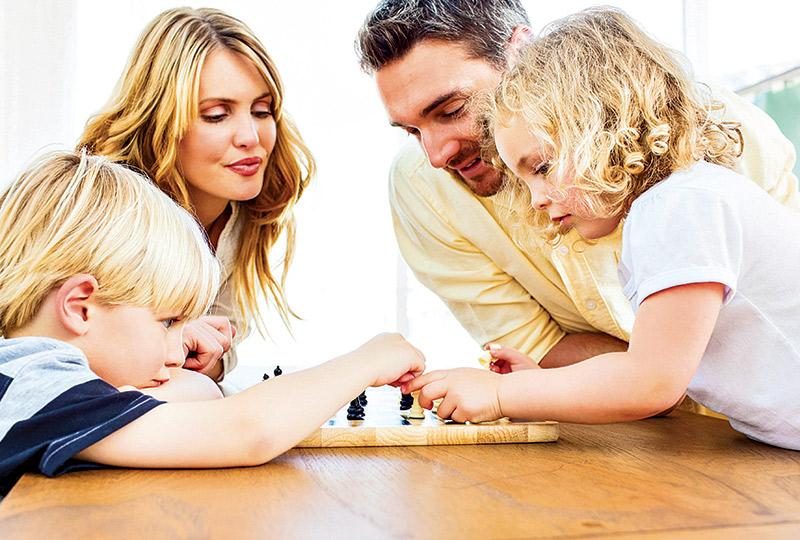Learning Hospitality
Most weekends during the summer, if we’re in town, we invite a few friends over for a barbecue at our house. Things are usually pretty low key – we pick up a few drinks, throw some sausages on the grill, have people bring salads or appetizers. Then we spend three or four hours chatting in the back yard while the kids swing on the playset, or put up shots in our neighbour’s drive way, or play guns through the garden.
The friends who come over change from week to week, depending on who’s away on vacation, and who we happen to bump into that week, and even who randomly walks past our yard that day. Sometimes there are 30 or 40 people in the back yard (like yesterday), and sometimes there are just a few over for a quiet drink. The point isn’t to make it be one thing in particular. The point is just to make a regular space for people to hang out and be neighbourly in whatever way happens to work that evening.
Which is why it was interesting yesterday to see my kids putting their own spin on our family barbecues for the first time. My eldest started it when he asked whether he could invite some of his friends (mostly an excuse to have his girlfriend come over, I think). I told him to go for it, so he invited four or five of his crew to join us.
My middle son, however, felt hard done by. Why didn’t he get to invite some friends? Why did his big brother always get to do everything? So I told him to go ahead and invite some people too. And he did.
Even my youngest got in on the action, inviting the little boy who lives in our basement apartment and the little girl who lives next door. I didn’t bother letting him know that their families were coming anyway. Why spoil his fun?
They all seemed very excited to have their own people joining the party, and what a difference it made when we got to the point of setting everything up. There was no whining about peeling the potatoes, or putting out the chairs, or carrying out the dishes. All of a sudden they all had a skin in the game. They had friends of their own coming over. They felt part of the event in a way they hadn’t before.
They played the role of junior hosts to the hilt – welcoming their friends as they arrived, getting them drinks, showing them to the food and the chairs and the bathroom. I’ve rarely seen them so helpful. I don’t think I’ve ever seen them collectively acting so “adult”.
My eldest son soon had his people sitting in the living room (heaven forbid that they stay outside), where they chatted over homemade iced tea like old ladies at a church picnic. My middle guy had his buddies up on top of the tree fort, giggling over the most recent relational drama in their pack. My youngest has his friends pretending to drive the car, shooting the zombies who were apparently attacking the barbecue.
It was a nice moment as a parent, watching my kids offer the kind of neighbourly hospitality that I think is so important to building healthy lives and healthy communities. It was nicer still because it wasn’t something that they did grudgingly, something that I forced on them. It was them, willingly, even excitedly, finding ways to express hospitality to their own friends in their own ways.
It was great. And it was also a challenge to me that I should be letting my kids participate more in these kinds of family activities. They may not yet be grown up in some ways, but they’re more than capable of being welcoming neighbours. I just need to give them the chance more often.
Luke Hill has been the parent of birth kids, adoptive kids, foster kids, and just-need-a-place-to-stay kids for fourteen years. He’s had experience with kids in homeschool, public schools, and alternative schools. He’s been a teacher, a camp counsellor, and a coach. He’s also taught parenting courses for Children’s Aid for almost a decade. When he isn’t working with kids, he’s a writer, a publisher, and the director of a non-profit organization that supports book culture.





